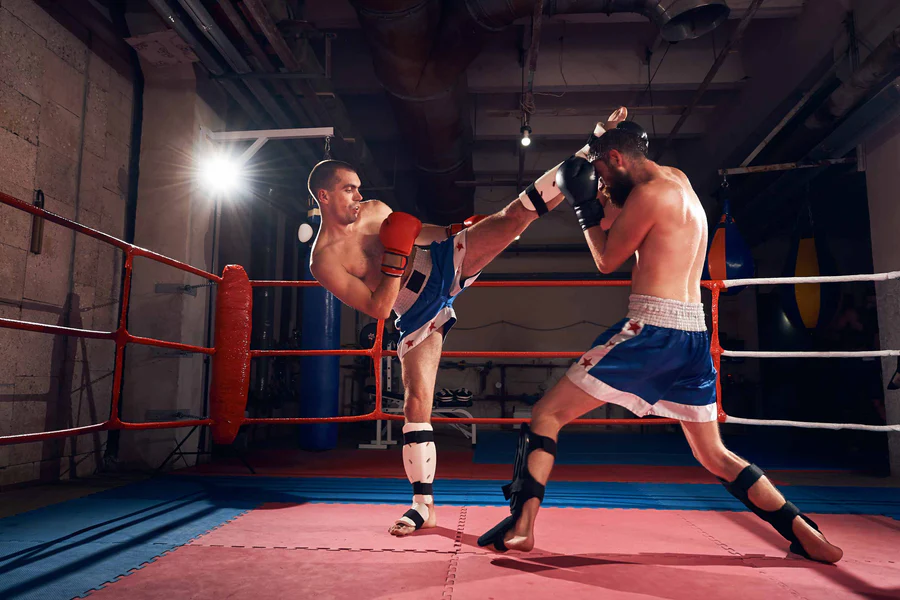Embarking on a journey to learn kickboxing can be an exhilarating endeavor, filled with excitement, challenges, and opportunities for growth. However, many aspiring practitioners may wonder: is one year enough time to truly master the art of kickboxing? In this article, we’ll explore the possibilities and limitations of learning kickboxing within a one-year timeframe, along with practical tips for maximizing progress and proficiency.
Setting Realistic Expectations
- Understanding Mastery: Mastery in kickboxing, as in any martial art, is a journey rather than a destination. While one year may provide a solid foundation and proficiency in basic techniques, true mastery requires ongoing dedication, practice, and refinement over a lifetime.
- Progress Over Perfection: Instead of focusing solely on achieving mastery within a specific timeframe, prioritize progress, consistency, and continuous improvement. Celebrate small victories, embrace setbacks as learning opportunities, and commit to the journey of self-discovery and skill development.
Learning Curve and Progression
- Foundational Skills: In one year of dedicated training, it is realistic to expect to learn and develop proficiency in fundamental kickboxing techniques, including punches, kicks, footwork, and defensive maneuvers. Focus on mastering these foundational skills, as they form the basis for more advanced techniques and combinations.
- Sparring and Application: As you progress in your training, gradually incorporate sparring and practical application of techniques to develop timing, distance management, and strategic thinking. Sparring sessions provide valuable feedback and insights into your strengths, weaknesses, and areas for improvement.
Training Intensity and Consistency
- Structured Training Program: Enroll in a structured kickboxing program or join a reputable martial arts gym with experienced instructors who can guide your training and progression. Consistent attendance and participation in classes, workshops, and seminars will accelerate your learning and skill development.
- Supplemental Training: In addition to regular classes, supplement your training with solo practice, conditioning exercises, and cross-training activities such as strength training, flexibility training, and cardiovascular workouts. A well-rounded approach to fitness and skill development will enhance your overall performance in kickboxing.
Mindset and Dedication
- Positive Mindset: Cultivate a positive mindset, perseverance, and a growth-oriented attitude towards learning. Approach each training session with enthusiasm, curiosity, and a willingness to learn from your instructors, training partners, and experiences.
- Goal Setting and Reflection: Set specific, achievable goals for your kickboxing journey and track your progress regularly. Reflect on your achievements, challenges, and areas for improvement, and adjust your training plan accordingly to stay motivated and focused.
In conclusion, while one year may not be sufficient to achieve mastery in kickboxing, it is ample time to lay a strong foundation, develop fundamental skills, and make significant progress in your martial arts journey. By setting realistic expectations, prioritizing consistent training, and embracing a growth mindset, you can maximize your learning potential and proficiency within the constraints of a one-year timeframe.
Remember that mastery is not measured by the destination but by the journey itself—the dedication, passion, and personal growth experienced along the way. Whether you continue your training beyond one year or embark on new martial arts adventures, cherish the lessons learned, friendships forged, and memories created on your kickboxing journey. With dedication, perseverance, and a love for the art, the possibilities are limitless, and the rewards immeasurable.


